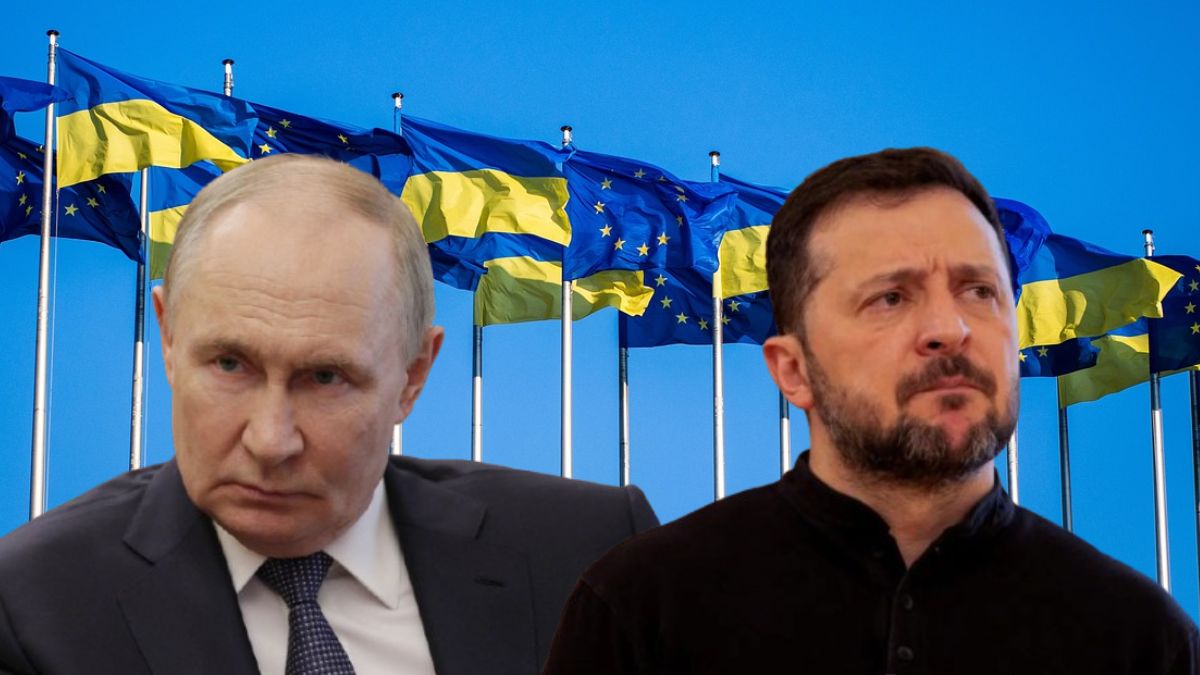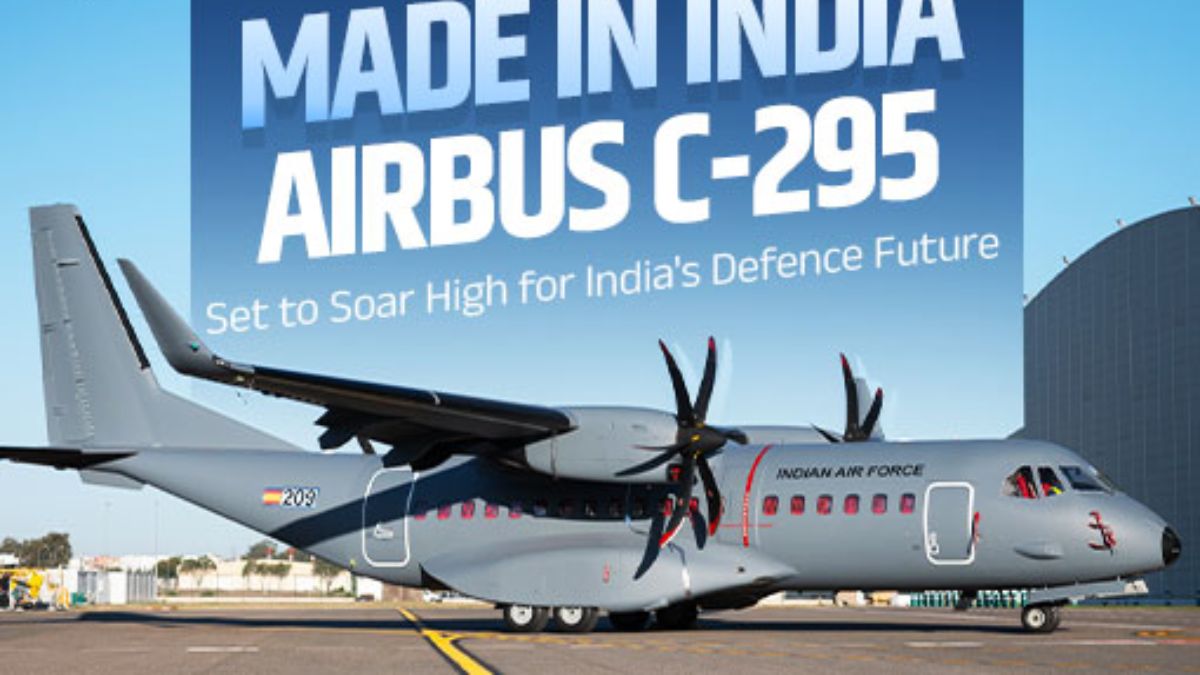Putin Warns Western Troops In Ukraine Would Be ‘Legitimate Targets’ As Zelenskyy Urges Europe To Cut Russian Oil

Tensions escalate as Moscow issues threats, Europe plans security guarantees, and Kyiv calls for an oil embargo. Image courtesy: RNA
Russian President Vladimir Putin on September 5, 2025, issued a stark warning to the West, declaring that any foreign forces deployed to Ukraine would be considered “legitimate targets” by Moscow’s military.
His remarks came just a day after Kyiv’s allies pledged to establish a multinational troop presence as part of security guarantees tied to a potential peace settlement.
Speaking at an economic forum in Vladivostok, Putin accused the West of deepening the conflict by promising Ukraine long-term security support. “If some troops appear there, especially now during the fighting, we proceed from the premise that they will be legitimate targets,” he said.
He added that a deployment of Western forces would not foster peace, but rather entrench divisions, arguing that closer military ties between Ukraine and NATO states were among the “root causes” of the war.
How did the West moves toward security guarantees?
On September 4, more than two dozen countries led by France and Britain announced plans to form a “reassurance force” on land, sea, and in the air to monitor and protect a post-war settlement.
French President Emmanuel Macron, who co-chairs the “coalition of the willing” with London, said 26 nations have agreed to provide Ukraine with security guarantees, though specific troop numbers and contributions remain undefined.
“The day the conflict stops, the security guarantees will be deployed,” Macron said in Paris, standing beside Ukrainian President Volodymyr Zelenskyy. He confirmed that US President Donald Trump had joined a leaders’ call and that Washington’s role in the effort would be finalised soon.
European officials admitted peace still seems distant but stressed the need to prepare a framework to deter future Russian aggression. Some nations, including Italy and Germany, signalled that their roles might be limited to training or monitoring rather than stationing troops on Ukrainian soil.
Why did Zelenskyy pushes Europe on energy independence?
Meanwhile, President Zelenskyy urged European nations to stop purchasing Russian oil, warning that energy revenues continue to bankroll Putin’s “war machine.” In a video message to Italy’s Ambrosetti Forum, Zelenskyy argued that Europe’s security depends on breaking energy dependence on Moscow.
“President Trump expects a stronger Europe with closer US coordination. But he’s disappointed some countries still buy Russian oil, funding Putin’s war machine. Energy independence from Russia is vital for Europe’s security and is a key to strong relations with the US,” Zelenskyy said in posts on X.
He also accused Moscow of deliberately dragging out the war and called for Europe to strengthen its defence industries, modern air defences, and joint military production networks to protect against Russian missile and drone attacks.
“Even as Russia tries to prolong the war, we are already building a security system that will push it toward peace,” he said, stressing the importance of fighter jets, missile defence systems, and advanced air protection.
Why did Russia dismiss NATO concerns?
Putin maintained that if a peace deal is struck, foreign troops would be unnecessary. “If decisions are reached that will lead to long-term peace, then I simply don’t see the point in their presence on the territory of Ukraine. Because if deals are reached, let no one doubt that Russia will comply with them in full,” he said.
However, Ukraine and Western capitals cite repeated instances of Moscow violating agreements, particularly during 2014–2022, when Russian-backed separatists fought Kyiv’s forces in eastern Ukraine despite multiple ceasefire accords.
NATO Secretary General Mark Rutte dismissed Moscow’s objections outright. Speaking in Prague, he said: “Why are we interested in what Russia thinks about troops in Ukraine? It’s a sovereign country. Russia has nothing to do with this. I think we really have to stop making Putin too powerful.”
What is the future outlook for the conflict?
The debate over Western troop deployments underscores the fragile balance between deterrence and escalation in Europe’s bloodiest conflict since World War II. While Kyiv insists that robust security guarantees are essential to prevent another Russian offensive, Moscow warns it will treat such moves as acts of aggression.
As European leaders push ahead with security frameworks and energy sanctions, and as Washington signals its readiness to engage, the battle over Ukraine’s future is increasingly becoming a test of global resolve and of Putin’s willingness to either negotiate or escalate further.







